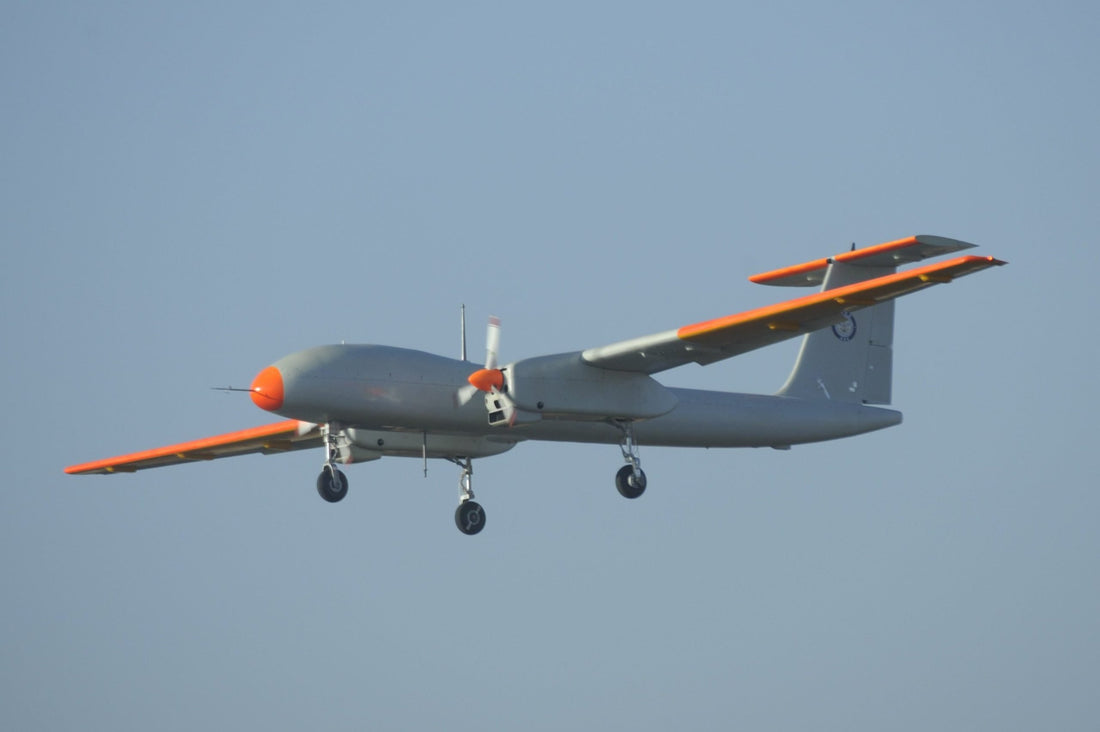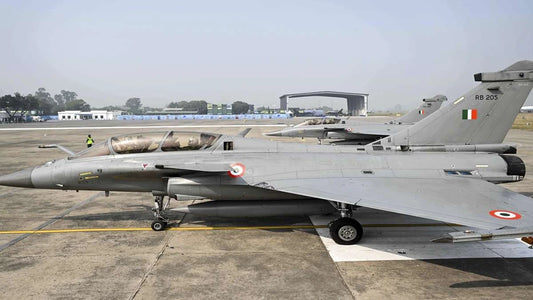TAPAS BH-201 UAV Set for Flight Trials with Homegrown Engine

The TAPAS BH-201 unmanned aerial vehicle (UAV), developed by the Aeronautical Development Establishment (ADE) under DRDO, is poised to begin flight trials with a newly developed indigenous engine in the upcoming months, marking a significant stride towards defense self-reliance.
The new engine, crafted by the Vehicle Research and Development Establishment (VRDE) in partnership with JAYEM Automotives, features a 2.2L, 4-cylinder inline turbocharged CRDi system. It generates 180 HP at 11,000 feet and can function up to 32,000 feet, utilizing a Full Authority Digital Engine Control (FADEC) system for automated operation and redundancy.
The transition from imported to domestic propulsion systems elevates the indigenous content of TAPAS to nearly 80%. This shift is seen as essential for overcoming previous program delays related to propulsion issues and for aligning the UAV more closely with Joint Services Qualitative Requirements (JSQRs).
The Medium Altitude Long Endurance (MALE) UAV has already showcased its capabilities with a service ceiling of 28,000 feet, 18 hours of endurance, and over 200 successful test flights across diverse mission profiles, including joint trials with the Indian Navy.
While the UAV has yet to achieve the JSQR targets of 30,000 feet altitude and 24-hour endurance, ongoing upgrades aim to address these shortcomings.
The upcoming trials with the indigenous engine will assess aerodynamics, flight control systems, propulsion integrity, and airframe structure. These evaluations are vital for obtaining airworthiness certification, thus paving the way for operational deployment.
The Indian Navy has expressed interest in TAPAS for maritime surveillance, particularly in regions like the Andaman and Nicobar Islands, where specialized UAV capabilities are required due to shorter runways.
According to defense officials, the insights gained from the TAPAS initiative will serve as a foundation for developing next-generation UAVs, enhancing India's stance in the global drone market and bolstering domestic defense production.
The integration of the indigenous engine represents a critical milestone, underscoring India's growing expertise in aerospace propulsion and its commitment to minimizing reliance on imported systems for crucial platforms.
The upcoming flight trials will be a crucial test of India's efforts towards self-sufficiency in UAV technology, representing a significant step towards deploying state-of-the-art indigenous drones for military purposes.



















